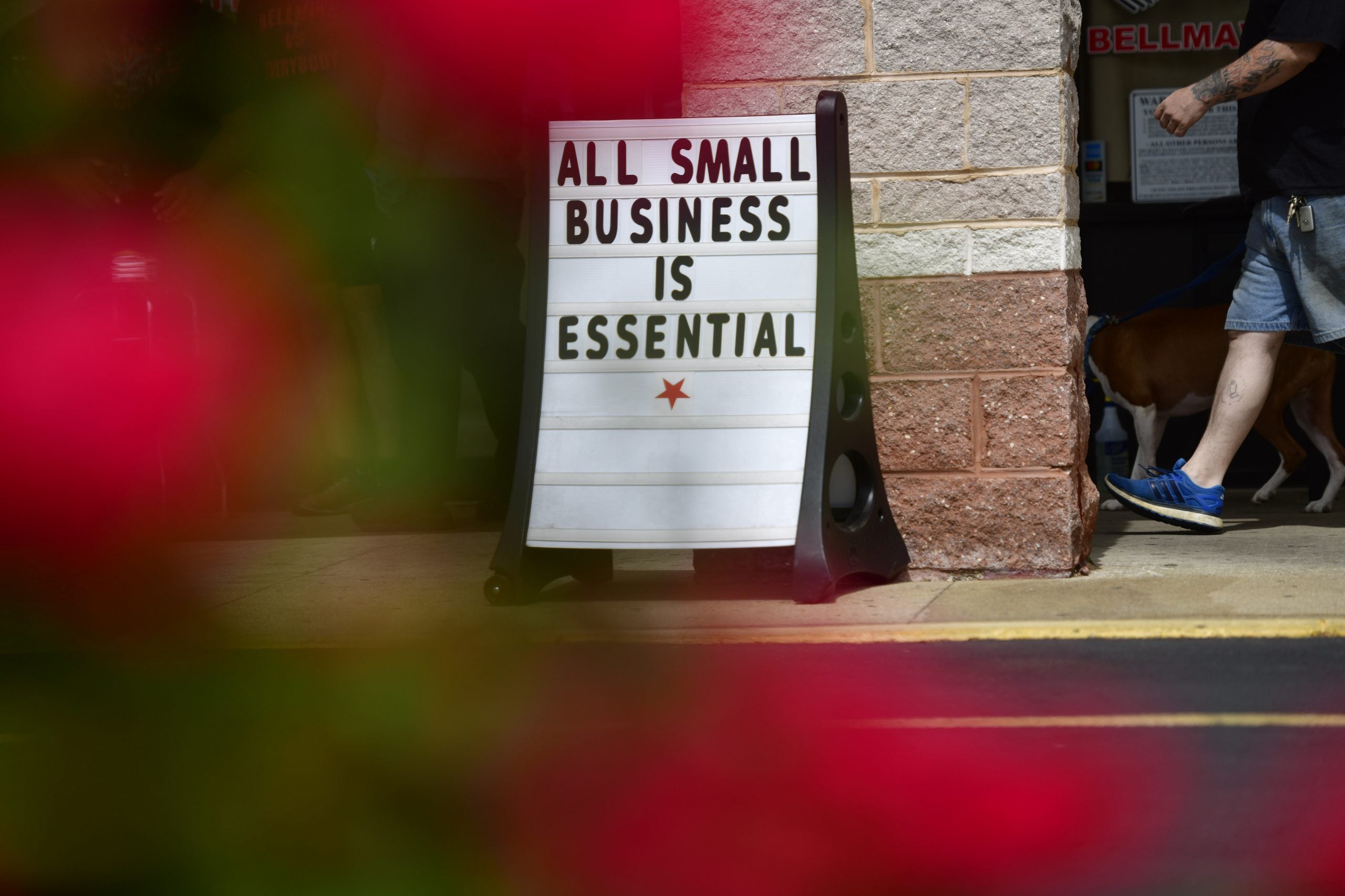
By now, you’ve likely heard about the deeply fragile state of Black-owned businesses in the time of COVID-19. Back in March, as shelter-in-place orders rapidly spread nationwide, nonessential small businesses were among the first to shutter their doors.
On April 3, the Paycheck Protection Program (PPP) was launched—$349 billion was set aside to aid small businesses with payroll, rent and other basic expenditures. Unfortunately, the first-come, first-serve plan left Black businesses in the dust. Large corporations hoarded aid like panicked shoppers clawing for the last toilet paper roll during a pandemic.
“Something wasn’t right about how they introduced [the first PPP wave]. There were just too many unanswered questions,” says Teri Williams, owner and president of OneUnited Bank, the biggest Black-owned bank in the U.S. “The larger banks were given a significant advantage. They were told about the program early.” Something had to be done.
The Second Wave
On April 27, the Small Business Administration (SBA) began accepting applications for the second round of PPP funds, an effort launched in part to right the wrongs of its initial rollout. Part of the correction involved the SBA reaching out to smaller institutions, like OneUnited Bank, to ensure aid was more accessible to Black-owned small businesses.
“A lot of Black businesses that are our customers, as well as just businesses that we know of, were applying to the program and not getting funding. In fact, we knew very few that actually got funds,” says Williams. Once she and the OneUnited team observed the lack of support for Black businesses, they knew they had to be a part of the second-round efforts.
In an April study, the Center for Responsible Lending (CRL) concluded that roughly 95 percent of Black-owned businesses “stand close to no chance of receiving a PPP loan through a mainstream bank or credit union.” Smaller institutions just might be the way to go.
[Ninety-five percent of Black-owned businesses] stand close to no chance of receiving a PPP loan through a mainstream bank or credit union.”
Source: Center for Responsible Lending
The Application Game
However, finding the right bank is only the first obstacle. The application process can in itself be cumbersome, especially for first-time loan applicants.
If you’re a small-business owner, a word of advice: Be sure to dot your i’s and cross your t’s. Details matter. Also, don’t ask for a penny more than what you actually need.
“There are a couple of things that we are finding that tend to create hurdles for our community,” Williams says. “One is the documentation. The documentation that’s required [to apply for a loan] is very specific about what the SBA needs.”
She explains that a combination of tax returns and in some cases bank statements and organizational documents is needed. Also while there isn’t a credit review, there is a need for very specific “legal and tax documentation.” It’s something many longtime mom-and-pop businesses within our community simply don’t have.
“They either haven’t filed their tax returns or they don’t have the documentation, but you can’t get approved without it. So that’s one of the things,” Williams explains. “The second thing is the actual loan amount. The SBA has, on their website, a way to actually calculate what the loan amount has to be and it’s two and a half times your payroll.”
So if you’re a small-business owner in need of a loan, who perhaps hoped to get extra a little extra cushion to carry you over, be aware. “Those two things are what we’re finding ends up slowing down the process and stopping people from getting approved,” says Williams.
I do think we will get through the worst of this and then I think we should create, create, create.”
—Teri Williams, president and owner of OneUnited Bank
The Future
A recent nationwide survey conducted by Global Strategy Group in partnership with Color of Change and Unidos US revealed that only 12 percent of Black and Latino small-business owners who applied for loans in the government’s $650 billion Paycheck Protection Program received the funds they applied for.
While Williams explains that OneUnited is accepting applications for as long as funds are available, the clock is ticking. The government-aid well will likely run dry in a matter of weeks. And while more efforts were made this time around to support smaller businesses, it’s already clear that more needs to be done.
As for Black-owned businesses, and whether they can withstand such challenging times, Williams, after spending 30 years in the big and small banking business, remains ever optimistic about the future.
“I’ve been listening to Sounds of Blackness’s “Optimistic.” That’s my theme for this time,” Williams reflects. “I do think we will get through the worst of this and then I think we should create, create, create. We should create new businesses; we should really use our creativity to come out of this pandemic and bloom. That’s my advice to everyone, whatever you do.”